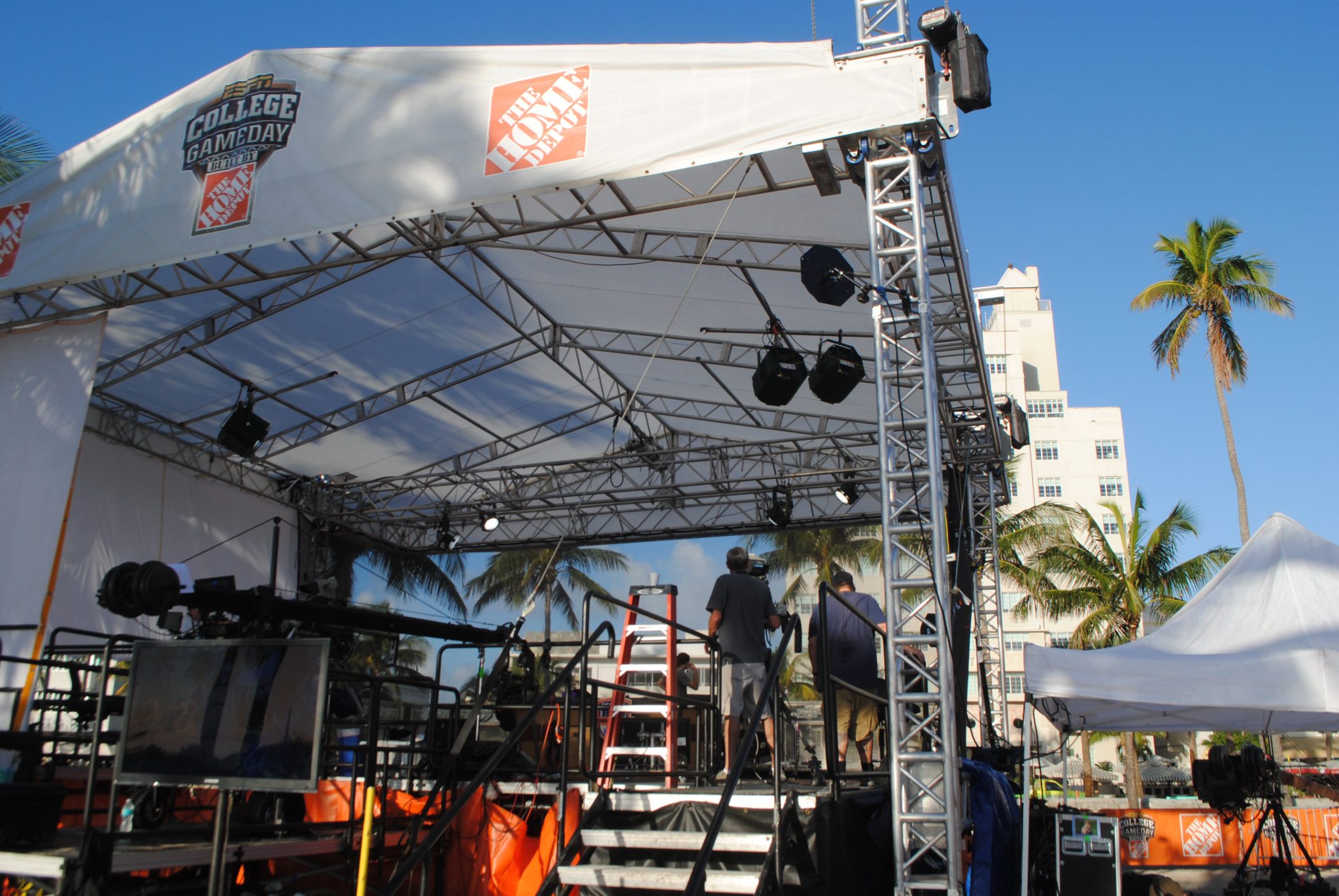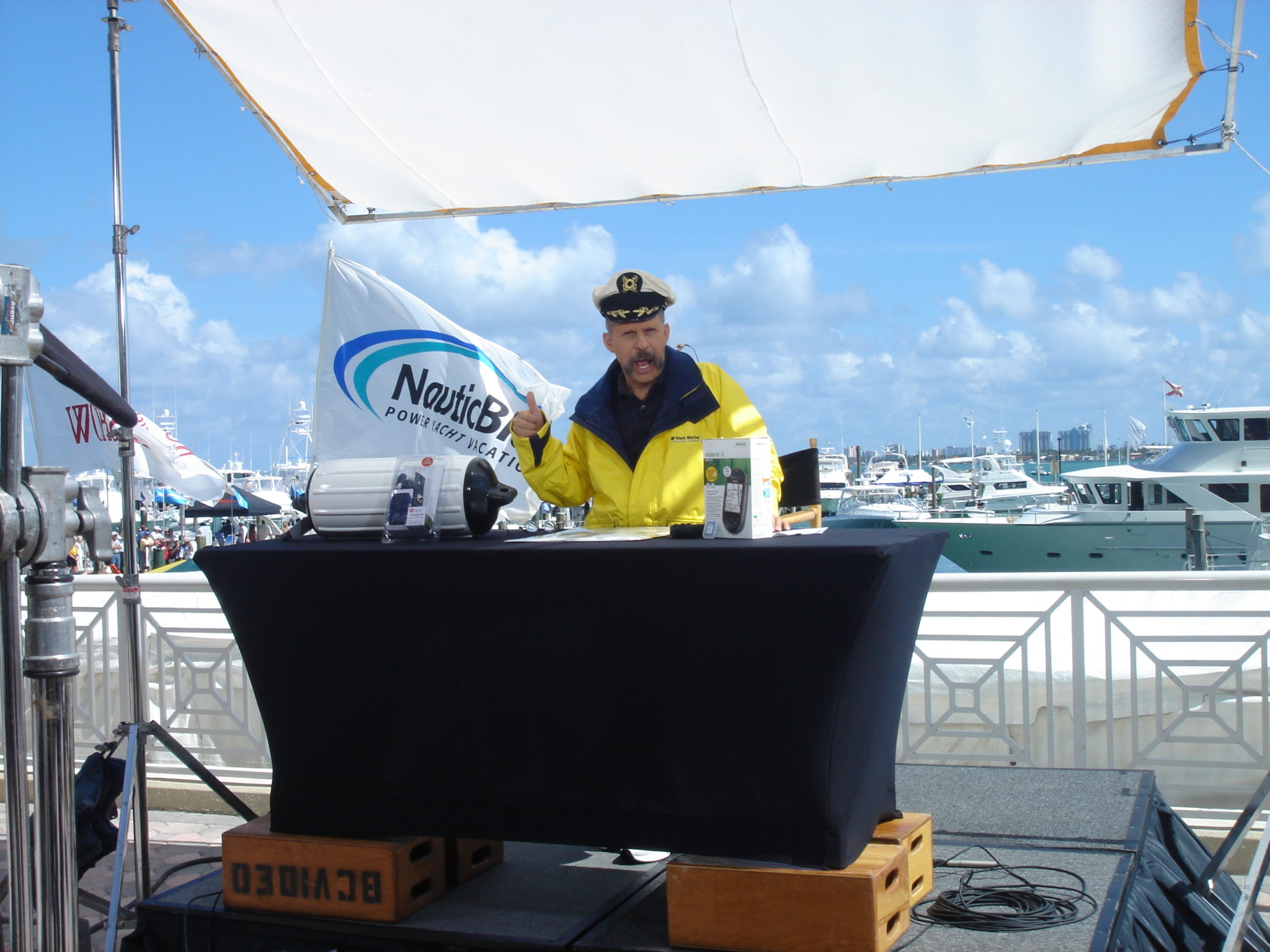Once a lighting plan has been created for any type of production, it’s essential to have a lighting technician on any crew to ensure light sources are positioned correctly – among many other things. They have extensive experience working with equipment that’s heavy and very hot to ensure the safety of other crew members and actors.
Lighting technicians will follow the technical set-up and design plan established by the lighting director for appropriate illumination and is able to work creatively to solve any problems that arise. They’ll work closely with a wide variety of other industry specialists to orchestrate the lighting set-up needed for entire performances. Lighting technicians need a variety of skills that include:
- Ability to work well under pressure
- Ability to meet deadlines
- Ability to work as a team
- Attention to detail
- Creativity
- Excellent communication skills
- High level of physical fitness
- Manual dexterity
- Organizational skills
- Technical knowledge of lighting
- Time management skills
- Understanding and familiarity with a wide range of equipment
In the past, many lighting technicians began in lower-level positions such as transporting equipment and worked their way up the ladder. The range of equipment, techniques, and technology is much different in today’s industry. The professional environment is highly complex and a bachelor’s degree in theatrical production arts is typically required.
Anywhere illumination is required in venues ranging from movies and TV to the theatre – a lighting technician is an essential and integral part of the production. Depending upon budgetary concerns and available personnel, lighting technicians may also operate lights during a production either manually or through computer consoles. They may also be responsible for performing routine maintenance.
Whether a production is taking place on a studio set or on location in venues around the world, a lighting technician will ensure that lighting arrays are safely and properly installed. The lighting industry provides a variety of professional challenges for a highly rewarding career.


